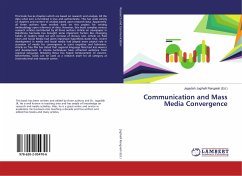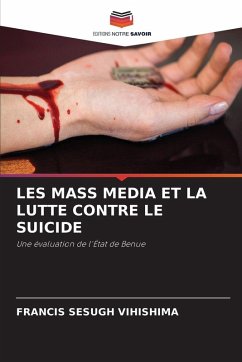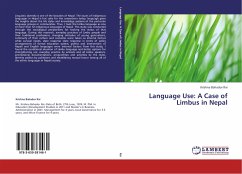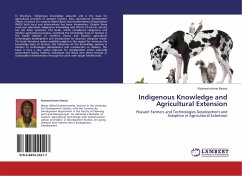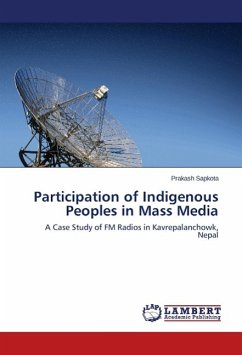
Participation of Indigenous Peoples in Mass Media
A Case Study of FM Radios in Kavrepalanchowk, Nepal
Versandkostenfrei!
Versandfertig in 6-10 Tagen
36,99 €
inkl. MwSt.

PAYBACK Punkte
18 °P sammeln!
Mass media can play a crucial role for indigenous peoples to keep them within their own cultural identity. Media can be a source of information and knowledge of indigenousness for indigenous peoples from generation to generation. It is possible only if representatives from indigenous communities are emphasized to participate in media. Secondly, the media professionals from indigenous communities should not be influenced by majority mechanisms. Hence, indigenous participation and their executive power in media are vital for empowerment. There is a universal quotation- 'voices are heard when the...
Mass media can play a crucial role for indigenous peoples to keep them within their own cultural identity. Media can be a source of information and knowledge of indigenousness for indigenous peoples from generation to generation. It is possible only if representatives from indigenous communities are emphasized to participate in media. Secondly, the media professionals from indigenous communities should not be influenced by majority mechanisms. Hence, indigenous participation and their executive power in media are vital for empowerment. There is a universal quotation- 'voices are heard when they are spoken'. Indigenous peoples should speak themselves to make their voices to hear. Basically, community FM radios have common purpose of inclusive participation to bring the 'voice of the voiceless' on air. I have focused this research on evaluating the implementation of cited goals of those community FM radios in a district (Kavrepalanchowk) of Nepal.



